Week 8: Habakkuk
Objective:
-
The Prophet Questions God’s Judgments
-
The Lord’s Reply
-
The Just Shall Live by Faith
-
Woe to the Wicked
-
The Prophet’s Prayer
Resources:
- Fr Tadros Y Malaty Commentary
- Catena Bible Commentary
- Fr Dawoud Lamie Bible study (Arabic)
- Minor Prophets SUSCOPTS
Activity for every week: Can you recite the 12 minor prophets?
Reading:
- Habakkuk 1
- Habakkuk 2
- Habakkuk 3
Key verse(s):
"Yet I will rejoice in the Lord, I will joy in the God of my salvation" Habakkuk 3:18
NOTE TO SERVANT:
-
Please plan to ask and review these questions every week:
- Who are the minor prophets? Can you recite them?
- The theme for last week's minor prophet
- Highlight Messianic prophecy
- Who are the minor prophets? Can you recite them?
Minor Prophets introduction:
-
The Major and Minor Prophet division of the Holy Bible does not denote the importance or rank of the writing prophets, but the length of the Holy Books which bear their prophecies.
- Ex: Jonah 4 chapters - Isaiah 66 chapters
- There are 12 minor prophets and 4 major prophets (5 books including Lamentations)
- In the Tanakh (Hebrew Bible), all these books were listed under "prophets". In the Septuagint and Vulgate translations, this classification of major and minor was mentioned.
- The prophet in the OT was someone who passed God's message to the people. A prophet in the NT is also someone who passes God's message or news (God's love and salvation for all mankind).
- In the OT, there were many prophets (Moses, David, Elijah, Elisha, etc.), but when we refer to the "Prophets", we refer to the ones who recorded their prophecy.
- All prophecies had one goal: Repentance!
- Recorded prophecies were split into three groups: Before, during, and after the exile.
- Before: Repent so God doesn't bring the exile
- During: Repent so God can end the exile and take us back to our land
- After: Repent because the Messiah is coming
- The books of the prophets are rich with Messianic prophecies. Our Lord fulfilled all.
- The meaning of the names of the prophets is usually the message of their writings.
- The prophetic books always start with a strong tough message and then end with a joyful promising message.
- All books have different themes. All books have the same message (repentance).
-
|
Minor Prophets |
||
|
Before Assyrian Captivity Directed to the North Kingdom |
After Assyrian and before Babylonian captivities Directed to the South Kingdom |
After Captivity |
|
1. Hosea 2. Joel 3. Amos 4. Obadiah (Edom) 5. Jonah |
6. Micah 7. Nahum (Nineveh) 8. Habakkuk 9. Zephaniah |
10. Haggai 11. Zechariah 12. Malachi |
Comments:
Theme of Habakkuk: God edifies His people through Babylon - Destruction of Babylon
Messianic Prophecy: The Lord's incarnation (3:13)
- Habakkuk means "Embrace"
- Habakkuk was a Levite (Hab. 3:19)
- The book takes place before the exile of the South Kingdom.
- Although the book of Habakkuk does not mention a king's reign, internal evidence indicates a date between King Josiah's death (609 B.C.) and the beginning of the Babylonian captivity (605 B.C.).
- Habakkuk is the prophet mentioned in the book of Daniel (Daniel 14:33-36).
- A contemporary of Zephaniah and Jeremiah, Habakkuk warned of God’s approaching judgment through the approaching Babylonians.
- The prophecy was fulfilled in 605 B.C. when Nebuchadnezzar deported ten thousand of Jerusalem’s prominent citizens to Babylon.
- The book can be divided into two parts:
- Chapter 1-2: Habakkuk cries to the Lord - Expressing his problems
- Chapter 3: Habakkuk praises the Lord - Expressing his thanksgiving
- The main idea of the book:
- Habakkuk stresses God’s sovereign freedom as God to accomplish His good ends in His way. In spite of appearances to the contrary, God is still on the throne as the Lord of history and the Ruler of the nations.
- The book contains questions the prophet directed to God.
- Question 1: Why does God not respond to the wrong and injustice in the land (1:2-4)?
- Answer 1: He is about to respond by using Babylon as a tool of judgment (1:5–11).
- Question 2: Why does God use the wicked Babylonians to punish those more righteous than themselves (1:12, 13)?
- Answer 2: God has chosen this action plan (2:2, 3). The just person will live by faith in God (2:4). Woe to the unrighteous (2:6–20).
- Chapter 1:
- The book starts with Habbkuk asking God "Why?"
- God allows His people to ask Him why when the intention is to learn and feel comfortable. It's not good to ask God why to question Him and think that we can do better.
- Obviously God hears everyone’s cry and He always provides His comfort.
- Habakkuk asked why does God allow His people to suffer and be attacked by the Babylonians. Later, Habbkuk would learn that God allowed this for his people’s edification and salvation. He will reward the righteous and will avenge His people against the Babylonians.
- Chapter 2:
- Habakkuk asked God what to do
- God answered by saying that Habakkuk should write the prophecy and make it very clear that the person running shall be able to read it.
- God's message to his people is very clear:
- The proud's soul is not upright
- The just shall live by his faith
- Habakkuk 2:4 summarizes the spiritual life. They just shall be faithful and know that everything will come to an end and that God is in control (The Pantocartor).
- Chapter 3:
- After Habakkuk asked all his questions and the Lord answered them, he wrote a beautiful praise expressing God's mercy and compassion towards mankind.
- 3:13 is a Messianic prophecy. God will incarnate and will save His people through His Anointed One. He "struck the head of the wicked" on the Cross.
- Habakkuk understood that if the people repented, God would come, live with them, and will save them.
- Chapter 3:17-19
- A beautiful hymn by Habakkuk
- Starts with "though" shows Habakkuk's great faith
- Everything might not seem good. Things might not seem bright. "Though" things are not going well, Habakkuk will rejoice in the Lord.
Review/recap questions:
**Servant may add more questions
- Habakkuk questions God’s righteousness. Give verses.
- By what shall the just live?
- Find a prophecy about the Lord Jesus Christ in chapter 3.
- Habakkuk rejoiced in the Lord under hard conditions. Give verse.
Homework:
**Servant may add more questions
- What kind of nation is the Chaldeans?
a) bitter b) terrible c) hasty d) all of these - Their horses also are swifter than ________, and more fierce than evening _______. Their chargers charge ahead; their cavalry comes from afar; they fly as the _________ that hastens to eat.
- For the earth will be filled with the _________ of the ________ of the LORD, as the waters cover the ______.
- But the LORD is in His holy _______. Let all the earth keep ________ before _______."
- Yet I will _______in the LORD, I will _______ in the God of my __________.
- The LORD God is my ________; He will make my feet like _______'s feet, and He will make me walk on my _______ hills.

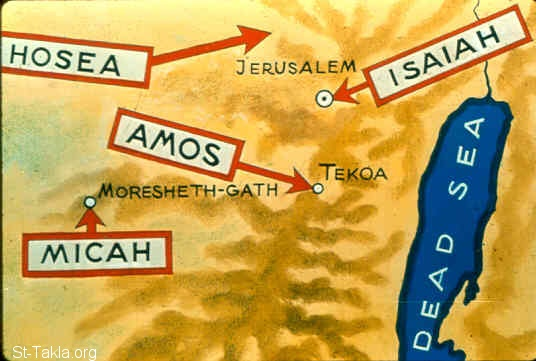
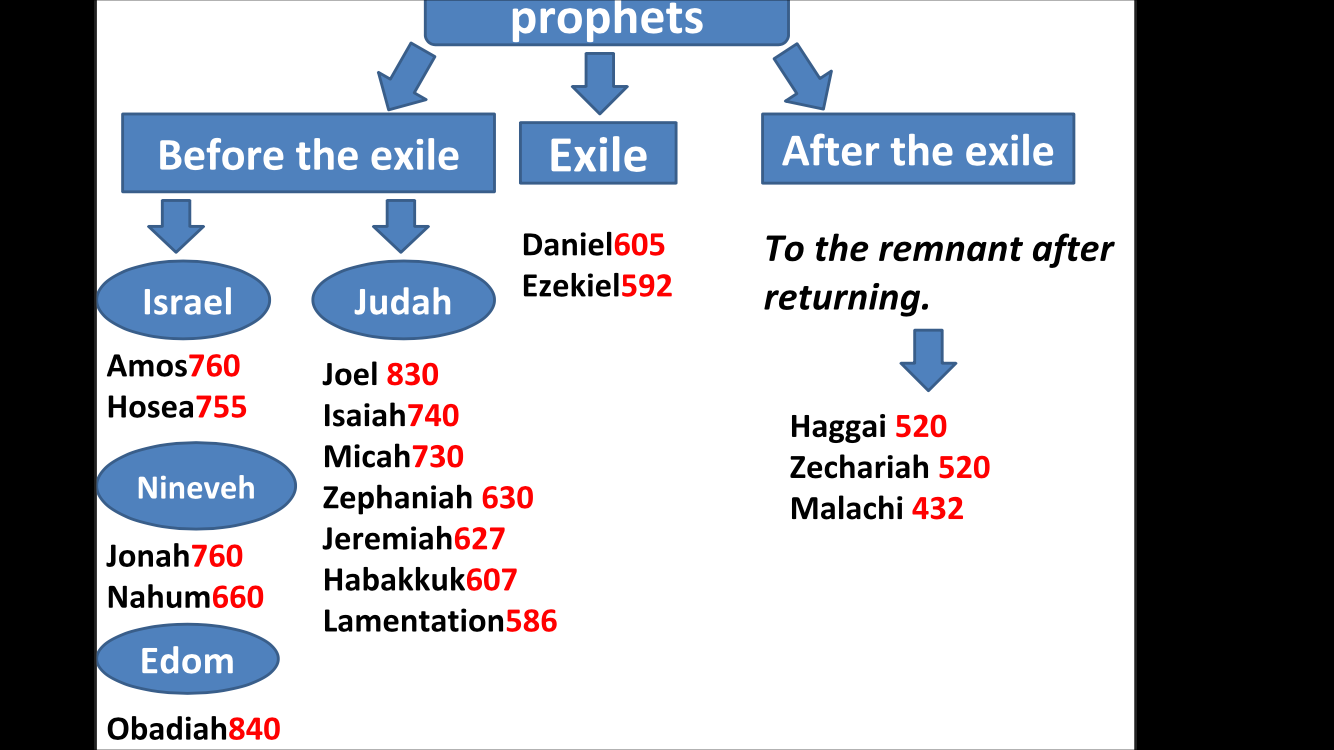
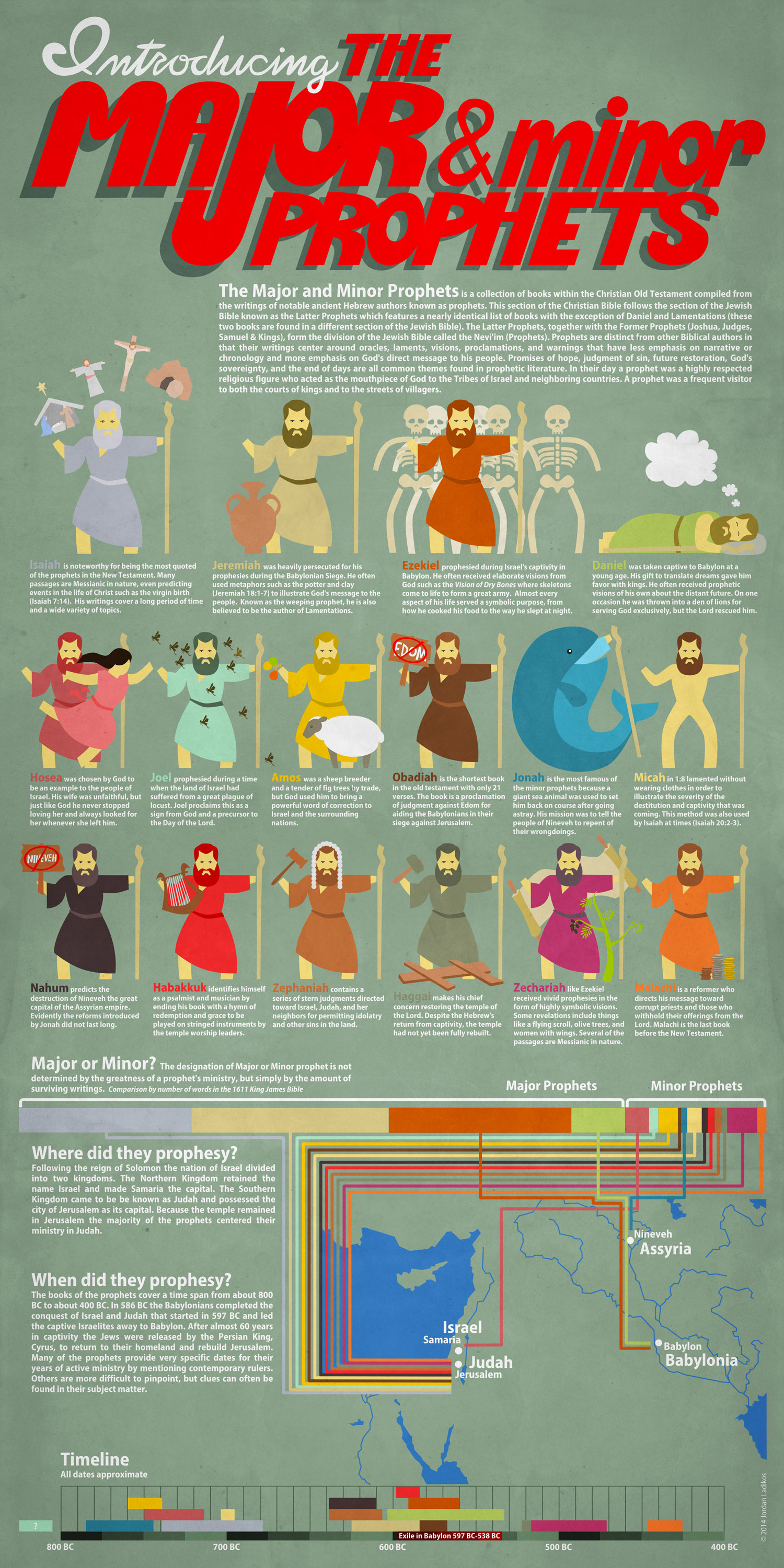
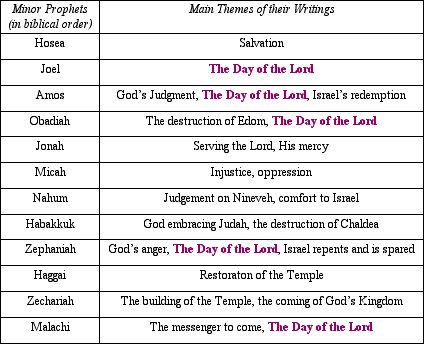
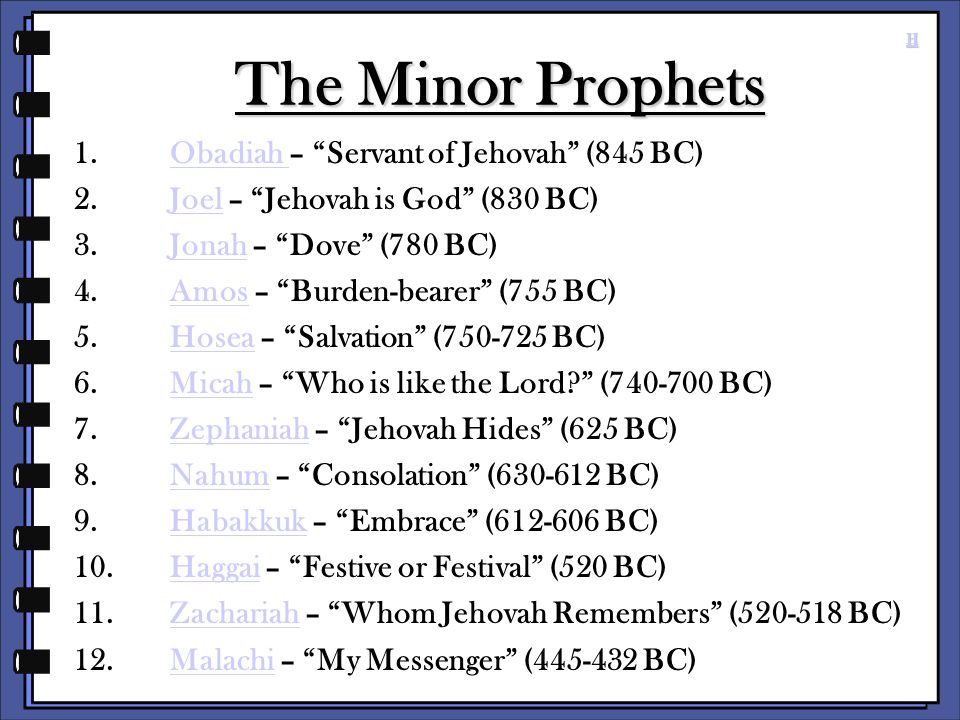
No comments to display
No comments to display